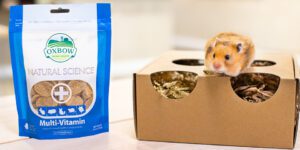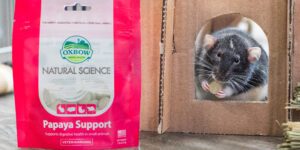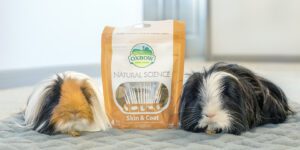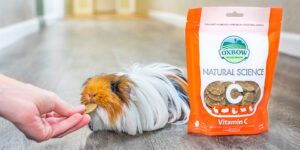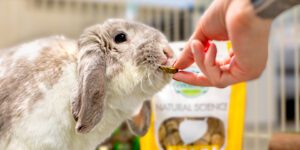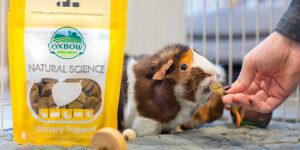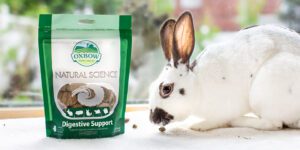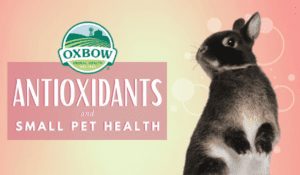by Dr. Cayla Iske, PhD
Updated: March 22, 2024
Supplement Guide: Vitamin C for Guinea Pigs and Small Pets
While Vitamin C is often discussed in human diets, it is still a relatively new topic in small exotic companion mammal health. Even less discussed in small animal health is the mode of supplementation, whether that be through solid tablet or liquid drops.
This guide will provide you with everything you need to know about vitamin C for guinea pigs as a pet parent. You’ll also learn about vitamin C for other small pets, including rabbits, chinchillas, and hamsters.
We’ll also show you how Natural Science Vitamin C can help keep guinea pigs and other small mammals healthy. Our Vitamin C tablets are one of several beneficial supplements in our Natural Science line, which also includes: Digestive Support, Papaya Support, Urinary Support, Joint Support, Multi-Vitamin, and Skin & Coat.
In this article, we’ll cover:
- Why Is Vitamin C Important for Pets?
- Vitamin C Supplements for Guinea Pigs
- Vitamin C Supplements for Other Small Pets
- Recommended Daily Vitamin C Intake for Small Pets
- Choosing a Vitamin C Supplement for Your Pet
What Role Does Vitamin C Play in the Health of Pets?
Vitamin C is a water-soluble vitamin that’s essential for synthesizing many important substances in the body, such as collagen in connective tissue. Vitamin C also supports key body functions including iron absorption for hemoglobin production.
Most animals can produce their own vitamin C. However, some animals – including humans and guinea pigs – are unable to produce vitamin C on their own. These species rely on diet and supplements for vitamin C intake.
Vitamin C for Guinea Pigs
Unlike most animal species, guinea pigs cannot make vitamin C on their own. As a result, guinea pigs are at a high risk of vitamin C deficiency compared to other small pets.
Most animals have an active enzyme called gulonolactone oxidase. This enzyme converts glucose to ascorbic acid, otherwise known as vitamin C. Gulonolactone oxidase is not present or is inactive in guinea pigs, making it impossible for them to create vitamin C on their own.
Because guinea pigs cannot produce vitamin C on their own, adequate daily intake is essential to their overall health and wellbeing. Sadly, there are still cases of hypovitaminosis C, also known as scurvy, diagnosed by exotic veterinarians every year.
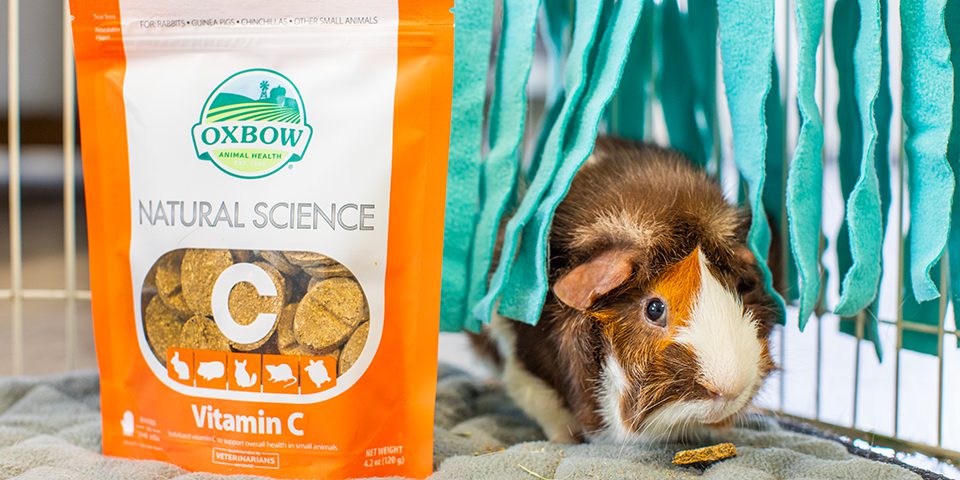
Do Guinea Pigs Need Vitamin C Supplements?
Most high-quality, commercially available guinea pig foods contain added vitamin C, but this alone is not a guarantee that the food alone is an adequate source of vitamin C in your guinea pig’s daily diet. Most guinea pigs greatly benefit from vitamin C supplements as an addition to their regular diet.
There are different types and qualities of vitamin C which need to be considered when evaluating foods, supplements, and overall vitamin C in the diet. If you are unsure about the quality of vitamin C in your pet’s diet, consult your veterinarian for his or her expert opinion before giving your guinea pig vitamin C in the form of a supplement.
Most required vitamin C should come from vitamin c rich foods like a uniform, hay-based pelleted food, and fresh produce like dark leafy greens and veggies. In addition to fresh vegetables and fortified food, your vet may recommend additional, supplemental vitamin C.
Signs of Vitamin C Deficiency in Guinea Pigs
Vitamin C deficiency in guinea pigs can manifest in numerous ways. Some signs your guinea pig might not be getting enough vitamin C include:
- Poor skin & coat quality
- Delayed wound healing
- Swelling or sores around the mouth
- Poor appetite
- Lethargy
- Impaired movement
- Slow or delayed growth and/or development
Vitamin C Supplements for Other Small Pets
Animals that create their own vitamin C (such as rabbits, chinchillas, and hamsters) can also benefit from vitamin C supplementation during times of stress, illness, or recovery.
Older animals may also benefit from supplemental vitamin C as its antioxidant function can help mitigate age-related health concerns and provide immune system support.
For a more in-depth look at antioxidants and oxidative stress, take a look at our previous blog all about the role of antioxidants in small pet health.
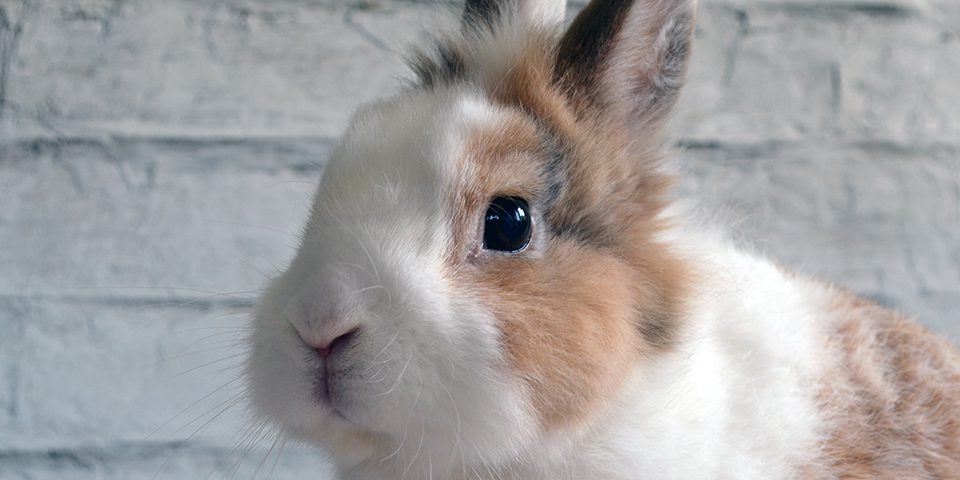
Vitamin C for Rabbits
Do Rabbits Need Vitamin C Supplements? Unlike guinea pigs, rabbits can synthesize their vitamin C from glucose. However, there are still times when supplementation with vitamin C is recommended for rabbits, especially if they’re not being fed a pellet that includes vitamin C in stable form. Vitamin C can reduce the effects of stress in many species. For example, if the rabbit is mentally or physically stressed, ill, or a senior pet, the antioxidant and immune support functions of vitamin C can help with a variety of health concerns. Consult with your veterinarian before adding a supplement to your pet’s diet.
Does My Rabbit Have a Vitamin C Deficiency? Since rabbits can synthesize their own vitamin C from glucose, a rabbit vitamin C deficiency would be an extremely rare occurrence. If your rabbit is acting unhealthy, make sure to reach out to your rabbit’s veterinarian for help.
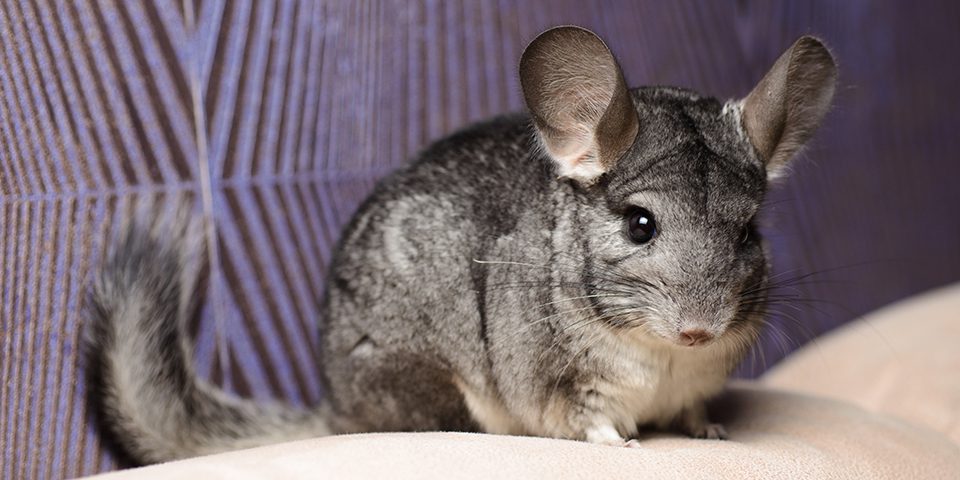
Vitamin C for Chinchillas
Do Chinchillas Need Vitamin C Supplements? Chinchillas are able to synthesize their vitamin C from glucose. Vitamin C supplementation may be recommended for chinchillas, however, if they’re not being fed a pellet that includes vitamin C in stable form, or are stressed, ill, or a senior.
Does My Chinchilla Have a Vitamin C Deficiency? A chinchilla vitamin C deficiency is very rare. If your pet is displaying signs of illness, be sure to make an appointment with your exotics veterinarian.
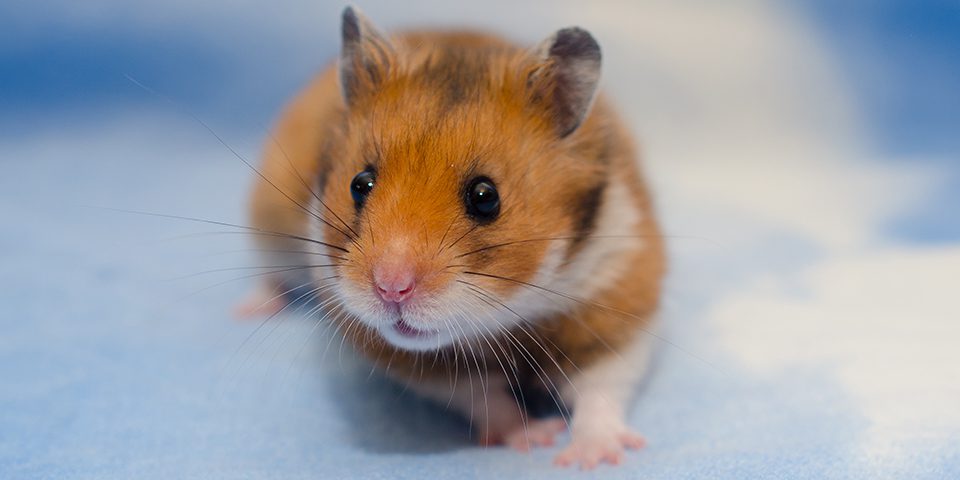
Vitamin C for Hamsters and Gerbils
Do Hamsters and Gerbils Need Vitamin C Supplements? Hamsters and gerbils are able to synthesize their own vitamin C, but supplementation might be recommended if your hamster or gerbil is stressed, ill, or in their golden years of age. Vitamin C can help with a variety of stress, illness, or age-related health concerns.
Does My Hamster or Gerbil Have a Vitamin C Deficiency? Vitamin C deficiencies are very rare in hamsters and gerbils. If you have concerns surrounding your pet’s health or want to give your gerbil or hamster vitamin C, make sure to reach out to your veterinarian.
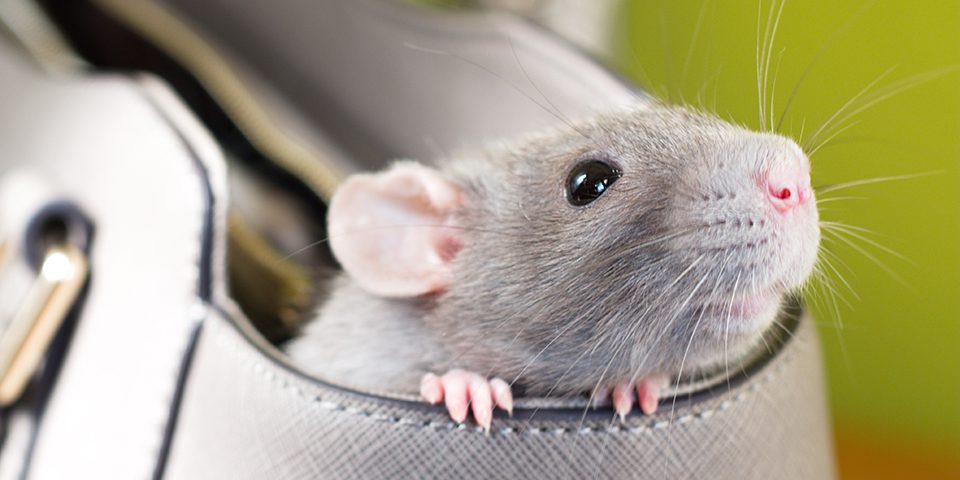
Vitamin C for Rats and Mice
Do Rats and Mice Need Vitamin C Supplements? Rats and mice are also able to synthesize vitamin C from glucose. If they’re not being fed a pellet that includes vitamin C in stable form, or are stressed, ill, or a senior pet, the antioxidant and immune support functions of vitamin C can help with several health concerns.
Does My Rat or Mouse Have a Vitamin C Deficiency? Rats and mice generally do not struggle with vitamin C deficiency. If your pet is exhibiting signs of poor health, be sure to reach out to your exotics veterinarian.
Recommended Daily Vitamin C Intake for Small Pets
Herbivores (Guinea Pigs, Rabbits, Chinchillas)
We recommend 1 tab of Natural Science Vitamin C per day for rabbits, guinea pigs, and chinchillas.
Omnivores (Hamsters, Gerbils, Rats, Mice)
We recommend feeding 1/8 tablet daily for dwarf hamsters and mice and 1/4 tablet daily for larger species such as gerbils, Syrian hamsters, and rats.
Risks of Excessive Vitamin C
While vitamin C is vital for guinea pigs and offers many benefits for other species such as rabbits and hamsters, extremely excessive levels can interfere with other nutrients and cause health concerns. Reaching toxic levels of vitamin C is less of a concern than some other vitamins due to its water-soluble nature and its ability to be rapidly excreted. Supplementing with proper amounts is key and can be largely beneficial to a variety of species.
Choosing the Right Vitamin C Supplement for Your Pet
Most vitamins are highly volatile and prone to degradation in food products. Factors like oxygen, moisture, humidity, and light can lead to loss of vitamins and potentially deficiency in foods. For this reason, it’s imperative to protect foods from these environmental factors by using shelf-stable vitamin forms when possible.
Recommended Vitamin C Supplements for Small Pets
On the label of Natural Science Vitamin C supplement, you will see “L-Ascorbyl-2-Monophosphate (Vitamin C)” listed in the ingredients. This fancy name indicates that the ascorbic acid (i.e. vitamin C) has been phosphorylated (a phosphate group has been added) at the 2 position of the molecule.
This phosphorylated form of ascorbic acid helps protect vitamin C from oxidation, and, therefore, destruction. The ingredient was originally developed for the aquaculture market, so it was designed to hold up to more environmental stress, though it is still important to store food products properly for maximum shelf life.
Vitamin C Supplements to Avoid for Small Pets
Nutritional products that just list “Ascorbic Acid” in the ingredient listing are at high risk for degradation of the vitamin C which could lead to insufficient intake for your little one, so these are options to avoid.
Additionally, vitamin C supplementation in drinking water is never recommended. Vitamin C is water soluble and breaks down quickly when exposed to water. This means that unless your pet drinks all of their water quickly, they will not ingest the intended amount of vitamin C. Vitamin C is innately instable and difficult when it comes to controlling intake, which is why it’s so important to provide this vitamin to your pet in a shelf-stable form.
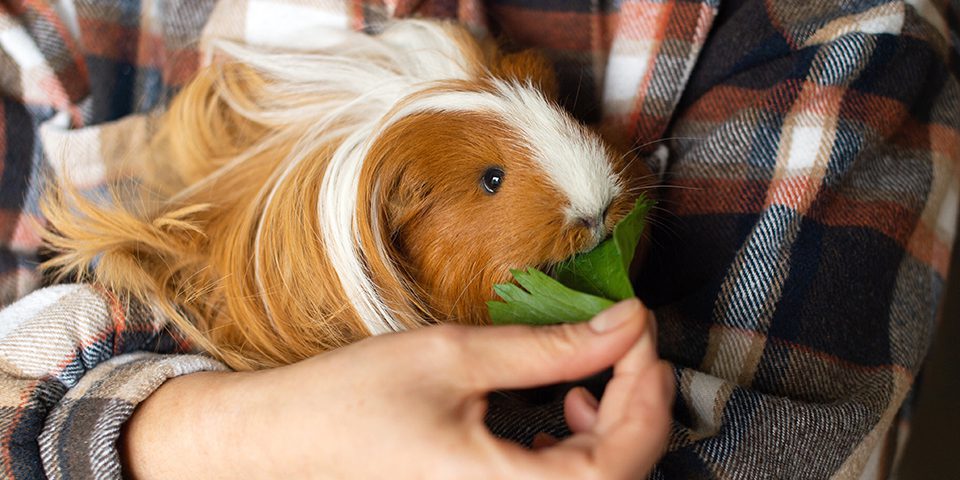
Still Have More Supplement Questions?
We know there are many factors to consider when adding a supplement to your small pet’s diet. It is important to factor in your individual animal’s health history alongside your veterinarian when evaluating short- or long-term use of supplements. To help facilitate this process, we’ve compiled some of the questions we get most frequently regarding our supplements into one easy to reference blog article.
Where to Buy Natural Science Vitamin C
Pet parents can find our Natural Science Vitamin C supplements through both online and brick-and-mortar retailers. Check out our store locator to find Oxbow products near you.

